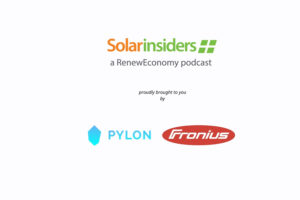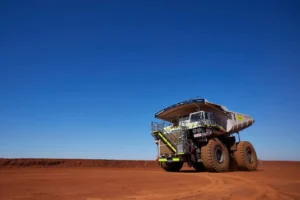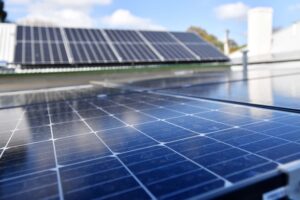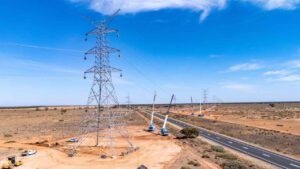Four of the country’s biggest and most influential business lobby groups have joined with unions, investors, environmental NGOs, research and social groups to call for consistent policies that will take Australia to a target of zero emissions and ensure the country plays its role in limiting climate change to less than 2°C.
The groups have come together to form The Australian Climate Roundtable, which they describe as an “unprecedented alliance” that will seek to put the climate policy debate on common ground and offer a way forward.

The alliance is apparently a joint initiative of The Australian Industry Group, a relatively progressive grouping that has supported the renewable energy target, and environmental group WWF Australia. It also includes The Business Council of Australia, the Australian Aluminium Council and the Energy Supply Association of Australia.
Together, they represent most of the mainstream business groups in Australia. Notable absentees are the Minerals Council of Australia, and the Australian Chamber for Commerce and Industry, both strong opponents of policies such as carbon pricing and renewable energy targets.
The Australian Climate Roundtable has also linked with the Australian Conservation Foundation, the Australian Council of Social Service, the Australian Council of Trade Unions, The Climate Institute, and the Investor Group on Climate Change.
Chief among their goals is policy that ensures that Australia will eventually reduce net emissions to zero or below, options that include international trade in emissions (carbon markets), or taxation, and removal of carbon from the atmosphere (sequestration).
“That important but challenging objective will require deep global reductions in greenhouse gas emissions, with most countries including Australia eventually reducing net emissions to zero or below,” the alliance writes.
“Net emissions are inclusive of trade in emissions entitlements and the removal of carbon from the atmosphere. Emissions reductions on the necessary scale will require substantial change and present significant challenges in Australia as well as other countries. Well-designed policy will be important to manage the challenges along the way.
The group has been borne out of frustration with Australia’s stop-go policies over the last few years, ranging from acceptance for the need for a carbon price, the abandoned CPRS, the creation and then dismantling of the carbon price, and the chopping and changing of the renewable energy target.
The alliance says that policies won’t work if they don’t last and stay on investors’ radars. “Delayed, unpredictable and piecemeal action will increase the costs and challenge of achieving the goal. Policy must be well designed to achieve the goal while avoiding these risks.”
Pointedly, they say policy must be capable of achieving deep reductions in Australia’s net emissions, provide confidence that targeted emissions reductions actually occur; and be based on an assessment of the full range of climate risks; as well as being be well designed, stable and internationally linked.
All of those points appear to run counter to the prevailing view of the Abbott government’s Direct Action policy, which is considered to be not scaleable, and has raised questions about whether much “additional” abatement has actually occurred. The Abbott government has rejected buying international offsets.
The alliance declaration is short on details. It is clear that the various groups do not yet agree on what the details of the policy should be. But TCI’s John Connor says it is an important “reset” button for the policy debate.

The Abbott government is about to release its submission to the UN on what its post 2020 emission reduction targets might be. Most independent analysts are calling for cuts of at least 19 per cent on the 2020 levels, and the Climate Change Authority is calling for cuts of 30 per cent by 2025. Others want higher targets.
Professor Ross Garnaut has pointed out that the cost of stranded assets – investing in coal and other polluting commodities on the assumption that nothing would change – had already outweighed the cost of climate action out to 2050.
It is not the first time a broad group has been created to push for climate policy – the business round-table a decade ago brought together some leading companies, and the Southern Cross alliance of NGOs and others pushed for acceptance of the controversial CPRS. Connor, however, says the current initiative is unprecedented in its scope.
“This shared position should renew, revitalise and guide discussion on how to achieve this priority and to help build a resilient Australia prospering in a zero carbon global economy,” Connor said.
ACTU President Ged Kearney said taking action on climate change, and investing and supporting the local clean energy industry, is vital if Australia is to create and capitalise on the high-skilled innovative clean tech jobs of the future.







